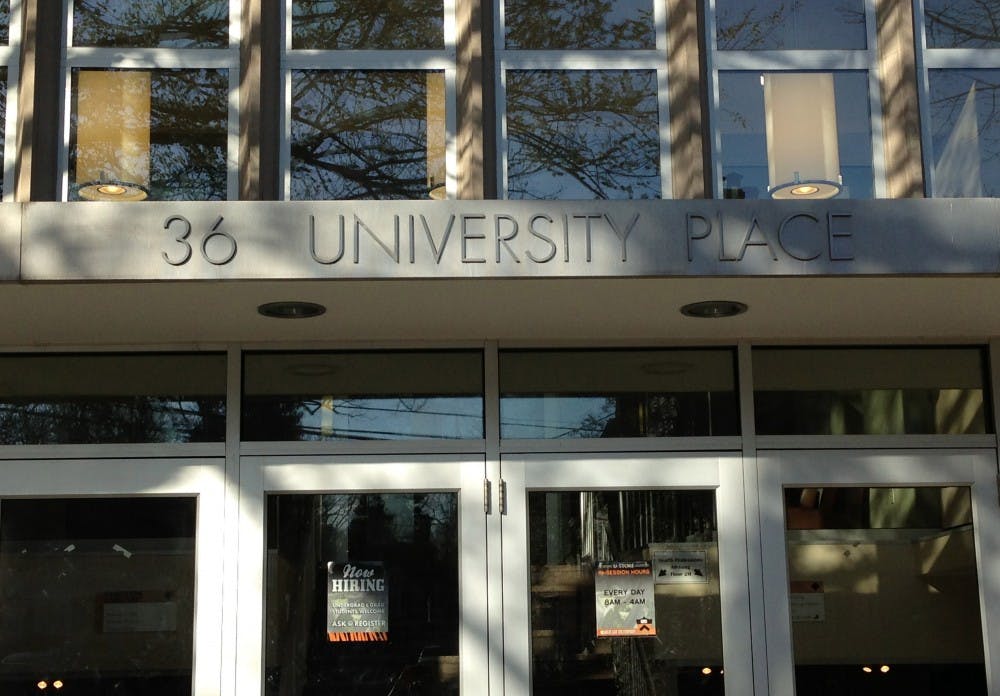On Sept. 12, U.S. News released its annual college rankings and my social media accounts were flooded with reposts celebrating Princeton’s 12-year reign as the country’s No. 1 national university.
These rankings oftentimes are a source of pride for students at top-ranked universities as well as a source that some use to determine which colleges are ‘good’ or ‘bad.’ However, the U.S. News college rankings are easily corruptible, weigh the wrong factors, and privilege older and more established institutions. For these reasons and more, rankings should not be treated as gospel or serve as cause for pride or college decision-making.
College rankings do not treat the universities they judge objectively. Some of the highest-weighted factors in constructing the U.S. News’s rankings are peer assessment surveys, in which university admissions officers and administrators rate other schools in various categories. College rankings are little more than a popularity contest. Schools like Princeton that have the advantage of long histories and consistent success therefore inevitably benefit from higher rankings in the peer assessment category. When administrators rank their peers, they don’t have any objective measure by which to assess them. Rather, the people ranking might gravitate to well-known ‘name brands.’ Smaller schools that lack the same history of prestige will underperform in peer assessment surveys even if they possess great specialization and teaching in particular fields of study. The very fact that these schools are not ‘name brands’ pushes them downwards in the rankings.
Further, since the admissions regime benefits colleges that are perceived as ‘competitive,’ colleges have an incentive to cheat their way to the top. Columbia University is a perfect example. It dropped from No. 2 to No. 18 on this year’s rankings after admitting to misrepresenting its data and using incorrect methodologies to collect statistics. Despite this scandal, however, Columbia’s reputation remained virtually unscathed, because they still derive all the benefits from once being ranked number two. Their subsequent slip might be dismissed as a technicality, and not a genuine assessment. The only negative impact that I’ve noticed is Columbia becoming the butt of jokes made by rival Ivy League students and a few New York Times writers.
Even without cheating or lying about data, there are still ways for universities to game the system. One of the factors that U.S. News takes into consideration is the yield rate, which is the percentage of accepted students who choose to attend the university. In order to boost yield rates, universities have increasingly sent ‘likely letters,’ which inform applicants that they are likely to gain admission before official decisions are made as to better compete for top applicants.
Northeastern University exemplifies this trend of abusing the system. This school has slowly, but steadily, climbed its way up the U.S. News rankings from 162nd in 1996 to 44th this year. By aggressively lowering its average class size to 19 (the former university president has spoken of ‘reverse engineering’ the rankings to climb the ladder), lowering their acceptance rates through expanded outreach, and offering study abroad programs for students during their first semester, who had grades the university did not want to include in its ranking reports, Northeastern prioritized statistics over the actual quality of student life and academics.
‘Selectivity’ and decreasing acceptance rates have been used by colleges for decades as a way to benefit their rankings, but they have seriously bad consequences. As Community Opinion Editor Rohit Narayanan argued last term, low admissions rates are almost entirely constructed and don’t have any material benefit for either students or schools.
The U.S. News system is based solely on numbers. In fact, it even admits on its FAQ page that it puts more emphasis on output measures like graduation rates than students’ quality of life. While the emphasis on post-college outcomes is reasonable, it means that students would be wrong to base their opinion about a university based upon its ranking alone. As Senior Columnist Mohan Setty-Charity described last year, these rankings put lots of importance on combined statistics, which may say nothing about fit for a specific student.

Does a prestigious degree always hold more value than a memorable and meaningful college experience? Does the outcome always matter more than the process? These are nuanced questions that should matter to us all, and our answers to them will differ by personal experience and insight. We have to think about these questions seriously rather than relying solely on deeply flawed rankings.
Eric Xie is a first-year from Princeton, New Jersey planning to study computer science. He can be reached at ex9471@princeton.edu









